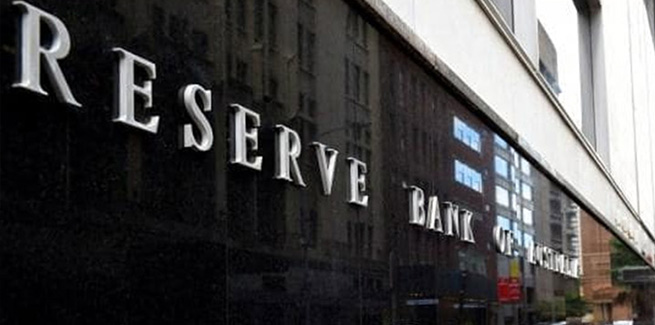Following the Reserve Bank of Australia’s (RBA) decision to lower the official cash rate to a new record low of 1.25 per cent, governor Philip Lowe said that it was “not unreasonable” to expect additional cuts throughout 2019 amid weaker-than-expected GDP growth.
However, in minutes released from the RBA’s monetary policy board meeting, the central bank has gone one step further, conceding that additional rate cuts would be “appropriate”, confirming market expectations of at least one additional adjustment before the end of the year.
“Given the amount of spare capacity in the labour market and the economy more broadly, members agreed that it was more likely than not that a further easing in monetary policy would be appropriate in the period ahead,” the board noted.
Reflecting on the RBA’s “clear signal” to the market, ANZ’s head of Australian economics, David Plank, said the timing of the central bank’s admission was “unusual”.
“Such an explicit signal about the likelihood of another cut in the minutes of the meeting where rates were moved is unusual,” Mr Plank said.
“The minutes from the meetings in February 2015 and May 2016, in each case being the meeting where the first of two cuts took place, did not provide any such clarity about the next move.
“We clearly need to take note of this unusually strong signal.”
In its minutes, the RBA board also made note of the market trends that it would monitor when determining the next monetary policy adjustment, making specific reference to the labour market.
“Members agreed that, in assessing whether further monetary easing was appropriate, developments in the labour market would be particularly important,” the board stated.
The latest labour market figures, released weeks after the RBA’s adjustment, revealed that despite a sharp increase in the number of employed persons, the unemployment rate remained stable at 5.2 per cent.
Mr Plank observed: “The continuation of significant slack in the labour market seems likely to persist for some time.”
The economist added that, based on the rhetoric, the RBA’s minutes suggest the central bank is considering pursuing an aggressive agenda to stimulate the labour market but said he would look for clarification from the central bank before altering ANZ’s monetary policy forecast from a second cut in August to a cut in July.
“We struggle with interpreting the minutes as indicating the RBA intends to ease at every meeting until it sees the labour market turn around,” he said.
“Since the governor has also indicated he doesn’t think the cash rate will fall as low as that seen in many other countries, this policy approach suggests the RBA thinks it will likely be doing something non-conventional very soon, i.e. within a matter of months, unless there is a rapid turn in the direction of unemployment and underemployment.
“We don’t think this is the message the RBA intends to convey, but we must be open to this possibility given the wording of the minutes.”
The RBA’s June cash rate announcement prompted an immediate response from the market, with several lenders, including the big four banks, passing on the reduction to their mortgage customers.
The reduction also sparked a wave of cuts to savings rates and has resulted in a reduction in the value of the Australian dollar.
Some observers have interpreted the RBA’s decision as a sign that the economy could be at risk of falling into recession amid internal and external headwinds.
Treasurer Josh Frydenberg has acknowledged that “international challenges” could pose a threat to the domestic economy.
Fears of a looming recession have prompted some observers, including the CEO of neobank Xinja, Eric Wilson, to encourage borrowers to pocket mortgage rate cuts to help build a buffer against downside risks.
[Related: Rate cuts tipped to ‘boost’ GDP if global risks temper]
 ;
;
